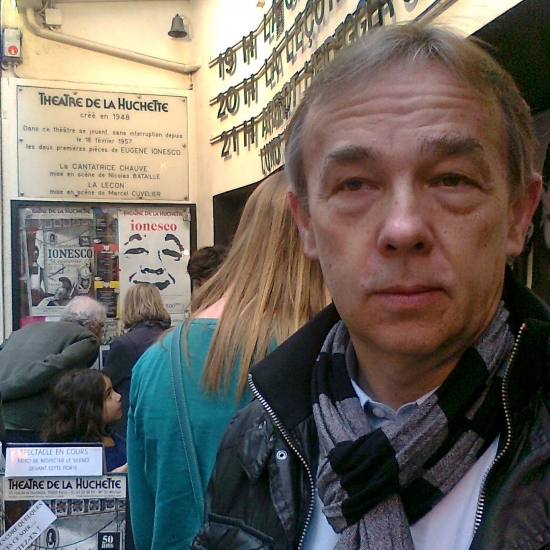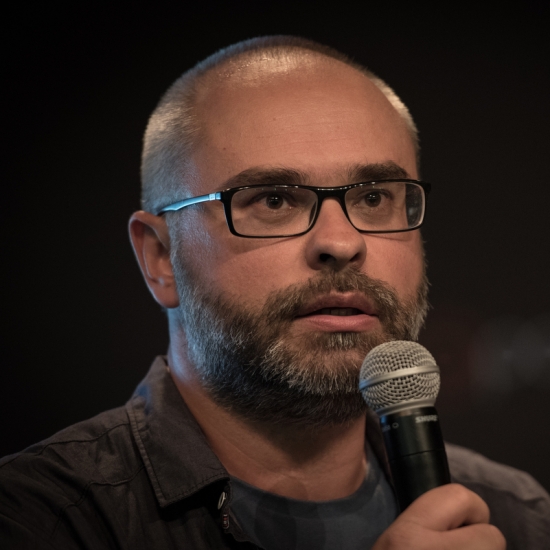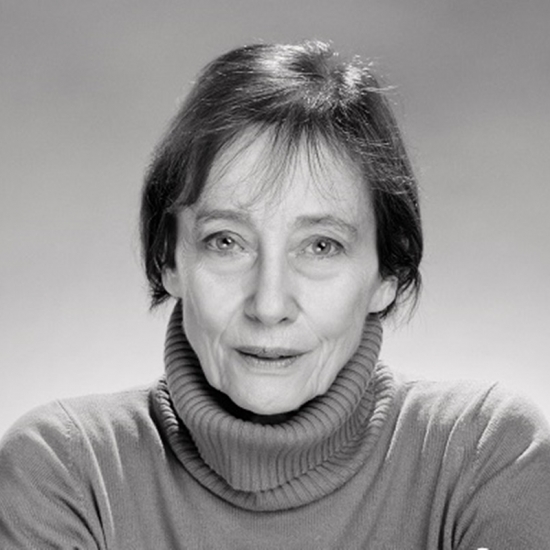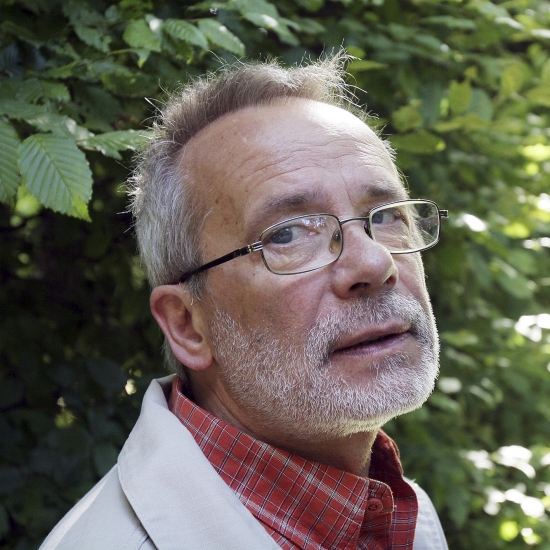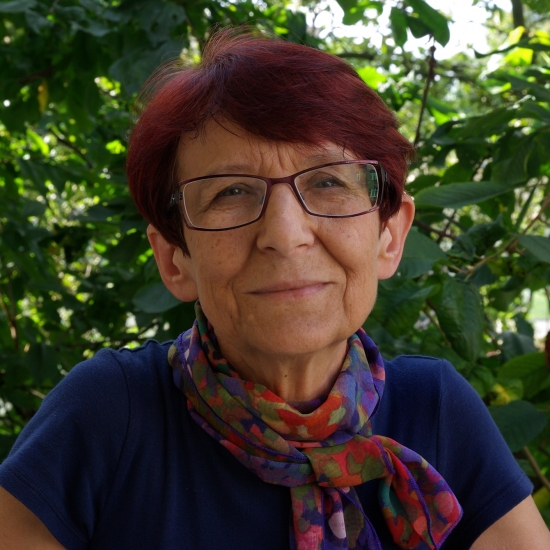‘Forefathers’ Eve’ in the Theatre, or ‘What Is (Un)Thinkable in Poland’
-
Participants — Łukasz Drewniak, Małgorzata Dziewulska, Marcin Kościelniak (Jagiellonian University), Bogusław Kierc, Joanna Walaszek (Jagiellonian University)
From Forefathers’ Eve ‘with shortcuts’ (dir. Stanisław Wyspiański, 1901) to Forefathers’ Eve ‘without cuts’ (dir. Michał Zadara, 2016). Are the directors of Forefathers’ Eve just ‘stagers’? What has been the role of audiences? How has the zeitgeist been reflected in the productions? If we read Forefathers’ Eve as a community-forming myth for Poles, what sort of community has been inspired by the productions of Leon Schiller (1934), Jerzy Grotowski (1961), Kazimierz Dejmek (1967), Kazimierz Braun (1978) and Paweł Passini (2015)?
A toxic arch-play? Is Forefathers’ Eve an oppressive initiation to Polishness as some critics would have it? ‘The dialectics of ridicule and apotheosis’ and other theatrical deconstructions of the required reading templates. How (and to what effect) have the directors – Jerzy Grotowski (1961), Konrad Swinarski (1973), Jerzy Grzegorzewski (1987 i 1995), Paweł Wodziński – tried to get audiences to take a critical perspective? The emancipated spectator – what does it mean in the context of Forefathers’ Eve?
‘Give me the government of souls!’ or ‘Give me the human being’? How to go beyond the ‘national cause’? Radek Rychcik (2014) and Eimuntas Nekrošius (2016) take a different angle on Forefathers’ Eve.
